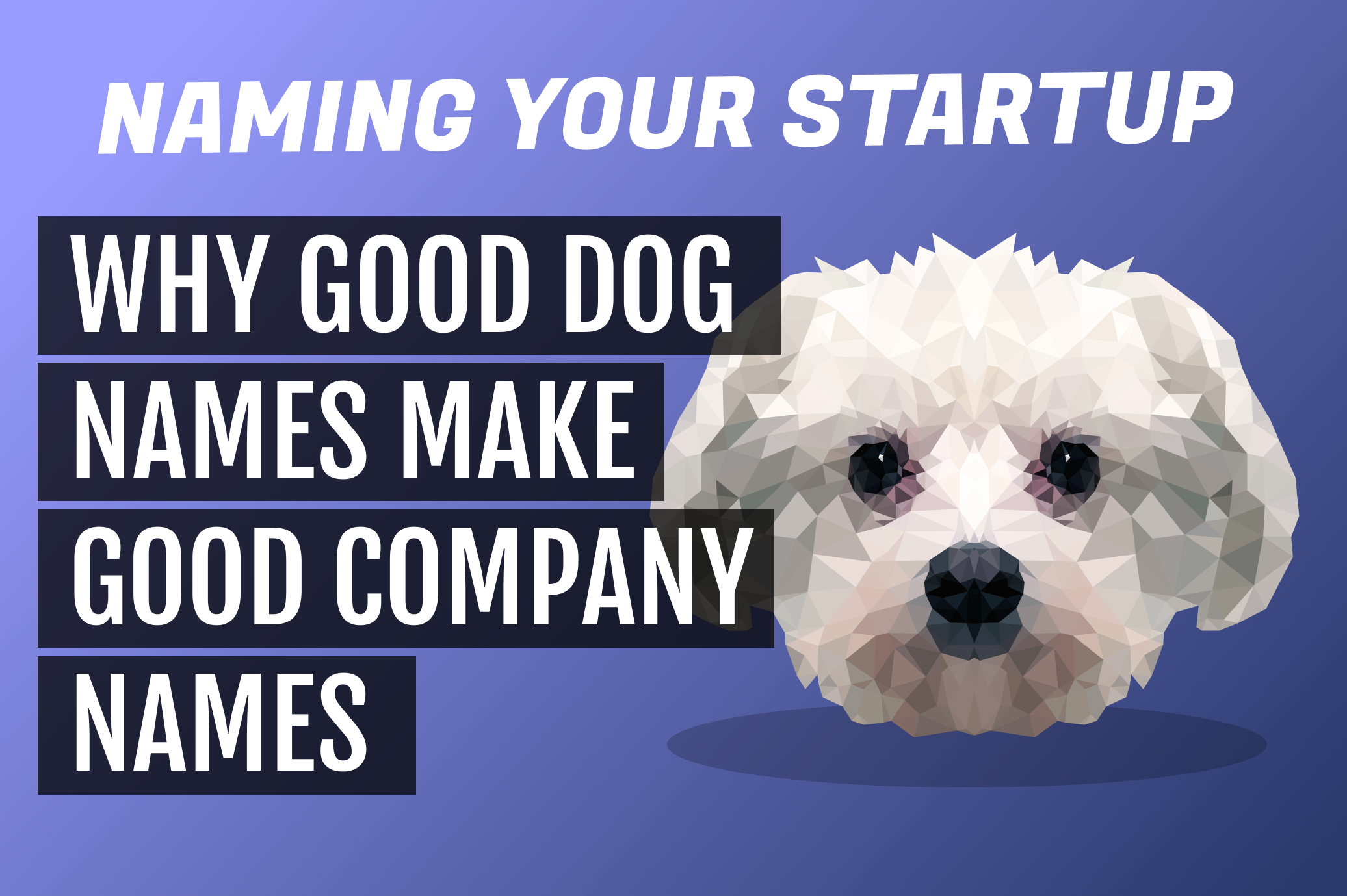Every founder has been there. You know the problem you’re trying to solve. You know how you’re going to solve it. You even have people interested in using it. But you’re stuck on what seems like should be the easiest part of the journey.
You’re stuck coming up with the perfect company name.
As you type different domain names into your favorite domain name search tool, you marvel at how domain squatters have sucked up even the most obscure domain names. You head back to ChatGPT to generate a list of fresh names only to cringe at each suggestion. And when you think you’ve found that perfect name, a friend gently lets you know that it’s a slang term for an illict drug.
Names are hard.
It also matters.
Rich Barton is a bit of an expert on the topic, having created Expedia, Zillow, and Glassdoor (all of which are nearly household names). In his article with Axios he outlines his six principles for a successful name. He elaborates even more in his interview with This Week In Startups. At one point in the interview he captures the essence of all his principles in a simple yet insightful statement.
“A good company name is like a good dog name.”
In this article I want to take the best of Rich’s insights that help define what a good dog company name is so that you can choose a name that helps maximize your chances of success.
1. High Point Scrabble Letters
Rare letters stick out to us. If you can use one in your company’s name, you are more likely to stick in the minds of your audience. Some examples of company names that have done this well include:
- Kleenex
- Quiznos
- Texaco
- Qantas
- Xfinity
- Zynga
- Quizlet
2. X and Z sounds work well
The sound of both of these letters contribute to a memorable name. Some examples include:
- Expedia
- Zillow
- Zappos
- Xerox
3. Two Syllables or Less
Many of the most successful companies in the world have one or two syllables. The fewer syllables the better Barton says. Some examples of this include:
- Apple
- Bing
- Ford
- Shell
- Nike
- Sony
4. Homonyms
A homonym is a word that can have two different meanings depending on its context. In the case of a brand name, a name can garner strength by being associated with a word that already has a specific meaning. For example, I ]started a company called “Breeze”.](https://www.breezechms.com/). The goal of the software was to be incredibly easy to use (“it’s a breeze”). The brand reinforced our value proposition. Other examples include:
- Caterpillar
- Tide
- Crest
- Dove
- Shell
- Target
- United
5. Double letters
Double letters tend to be memorable as well. If you can come up with a name that includes double-letters, you’re more likely to stick in the minds of your readers. Examples include:
- Yahoo!
- Kellogg’s
- Zillow
- Dell
- Phillips
- Ferrari
- OtterBox
6. Words you can verb
Words that can easily turn into a verb can more naturally get thrown into conversation, thus reinforcing your brand. Some examples include:
- Google -> “Why don’t you google it?”
- Instagram -> “Can you instagram that?”
- Amazon -> “Just Amazon it.”
- Zoom -> “Let’s Zoom on this.”
- Photoshop -> “Did you Photoshop this image?”
- Venmo -> “Can you Venmo me?”
- Uber -> “I can Uber there.”
- FedEx -> “I’ll FedEx it to you.”
Choosing your name
It’s unlikely you’ll be able to integrate all six of these factors into your startup’s name (and that’s okay). There’s plenty of companies that defy these rules. However, using this as a guide and leaning into two or three of these principles will likely help your brand be significantly stronger so you can put your focus into building your product.

